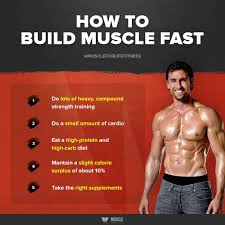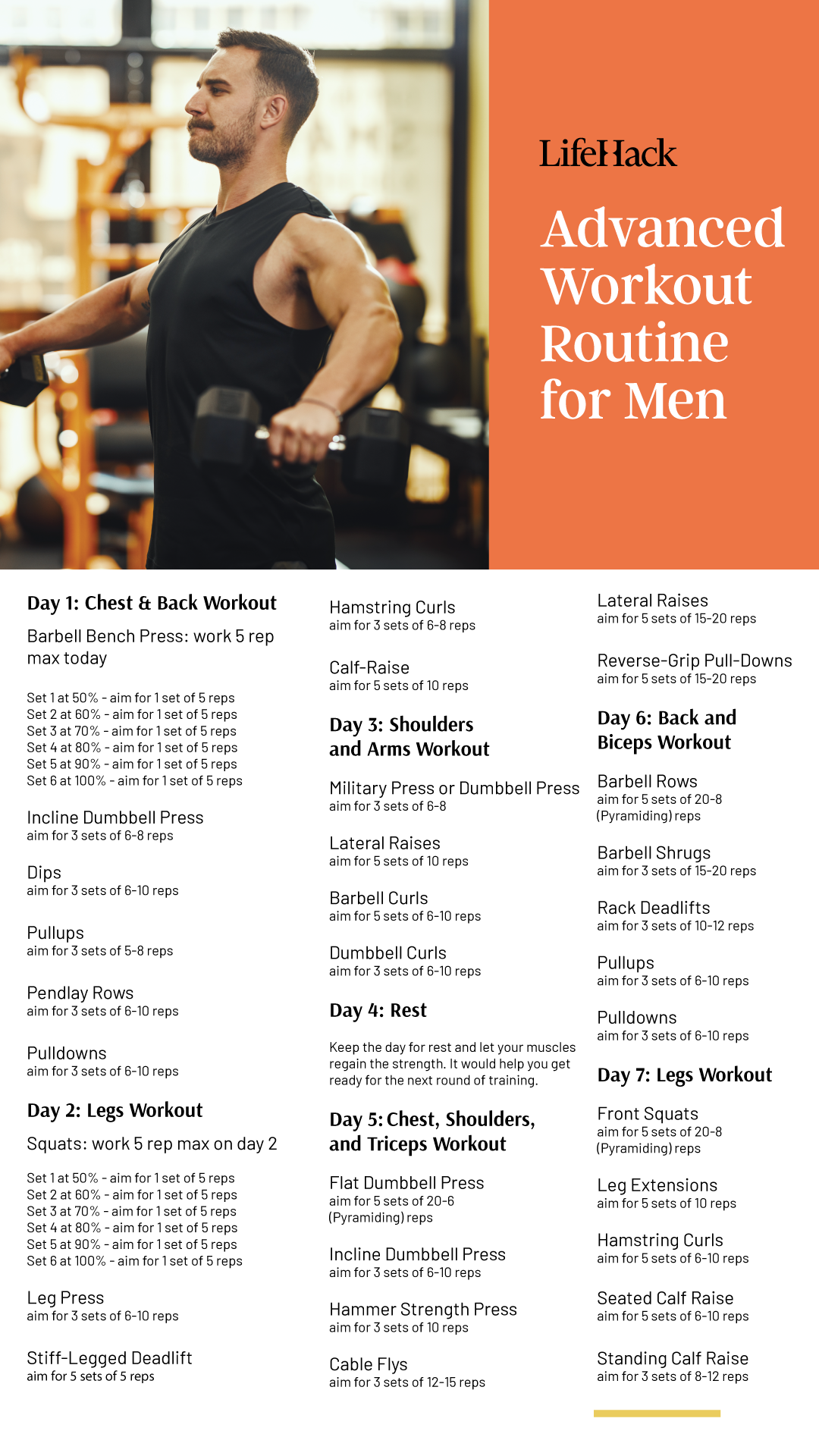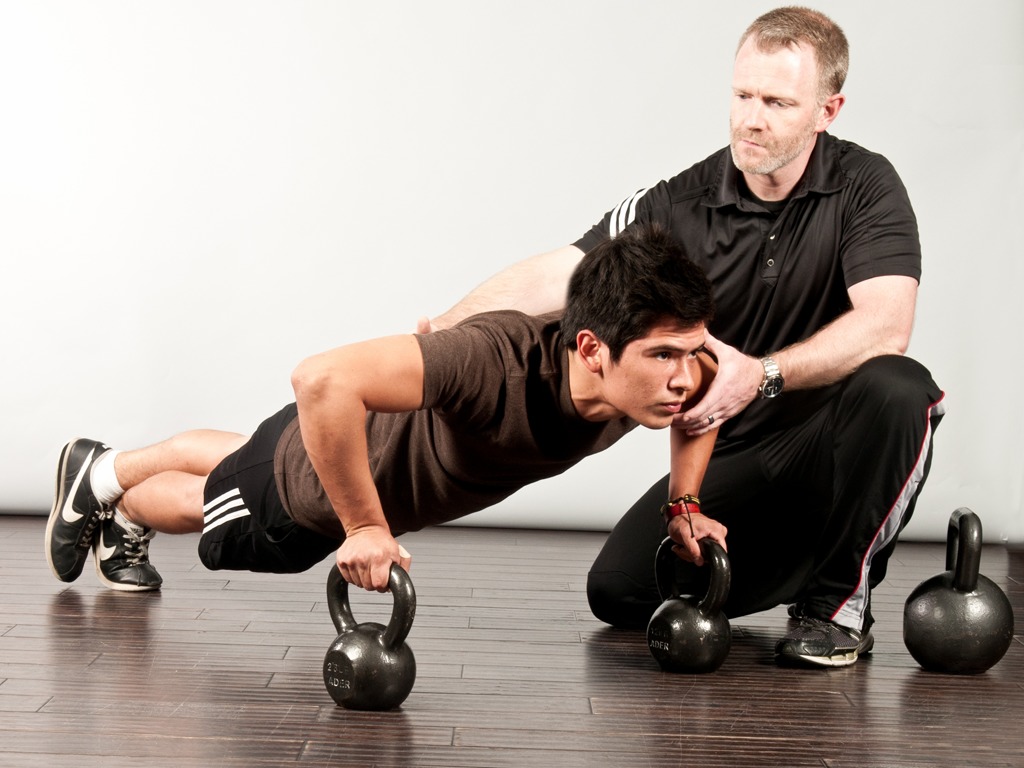
A moderate workout plan is one that has varying levels. This workout is perfect for those who aren't giving their workouts the attention they deserve, or who haven’t been training enough. A good workout plan will incorporate different exercises that target different parts. You should start working out harder and making changes in your lifestyle, regardless of whether you're overweight.
Workout routine for beginners
A great way to start a physical exercise program is with beginner workouts. These workouts are simple to perform at home or at the gym. The key to success is variety and intensity. A high-intensity, bodyweight training can produce comparable results to weights but requires less equipment and takes less rest. It doesn't really matter which type of exercise, you should start with a warm up. This will increase your body's temperature and increase the blood flow to the working muscles.
Beginner workout routines should focus on full-body workouts. These are done three to four times per week and involve all the muscle groups. This will allow the body to work together and provide the stimulation it needs to grow. This is an excellent way to keep your body in great shape and prevent overtraining. Proper pauses should be included in beginner workouts. Burnout and discouragement can result from overworking your muscles.
Moderate intensity
People with heart disease can benefit from a moderately intense workout program. Participants can work all major muscle groups with this type of exercise. These include the legs, hips, arms, chest, shoulders, and back. There are many health benefits to it. Moderate intensity training can improve overall fitness and reduce the risk of developing heart disease. It also increases stamina, which can be a benefit to patients with heart disease.

Moderate exercise, in addition to helping prevent heart disease, can improve your mood and increase your well-being. The American Heart Association recommends an average person get at least 30 mins of moderate exercise each week. Moderate exercise is any activity that keeps your heart beating. Brisk walking, raking your yard, mopping floors, or playing tennis with a partner are all examples of moderate exercise.
Full body workout
A variety of exercises targeting different muscle groups is the best way to get a full body workout. Start with a lighter weight and gradually increase the intensity by adding more sets to each muscle group. Mobility exercises that target your shoulders and hips can be added to your workout. Proper form is key to avoiding injury when you exercise. Start small if you're new to weightlifting. Then, work your way up. You should not compare yourself to other weightlifters who have more experience. A full body workout should last about an hour and a half.
Another important component of a full body workout routine is frequency. Each muscle should be trained at least twice per week. This will allow you to develop a balanced physique. Many scientific studies back this method. Research has shown that full-body workouts are more likely to increase hypertrophic effects than workouts that focus only on one muscle.
Interval training
Interval training is a great workout for people with intermediate fitness levels. It is important to begin slowly and gradually increase your time between intervals. Be aware of your heartbeat and maintain a moderate pace. Try to decrease your heart rate to 100-110 BPM during intervals. Slowly increase the intensity. Talk to a certified personal training or fitness specialist if you're unsure about your level. For example, if you have a recent back injury or muscular problem, you should begin with lower-impact exercises such as elliptical or swimming.
Interval training is a great way to improve cardiovascular fitness. This type of workout involves heart and lung working in tandem to deliver oxygen to the muscles. Once the cardiovascular system and lungs are healthy, the aerobics system takes control and uses oxygen to turn stored carbohydrates into energy. This leads to a stronger heart muscle as well as improved athletic performance. It doesn't cause burnout, which is a common side effect of repetitive long-term exercise.

Advanced workout routine
An advanced workout routine involves working out for a longer period of time, and involves increased volume and intensity. Although muscle gains may not be as fast as those of beginners, they are still achievable. Advanced workouts should consist of six days of training followed by a day off. This will maximize muscle growth. It should include supersets and target all muscle groups twice weekly.
The advanced routine requires an attitude of thirst and willingness to challenge yourself. It is important to push yourself to the limits. This involves using moderate volumes, high intensities, multiple angles, and multiple angles to recruit large quantities of muscle tissue. You must accept pain as a stimulus to growth.
FAQ
Do I gain weight from exercising?
Not at all. You can even maintain your weight by exercising. Regular exercise will help you build muscle and boost your metabolism. This will allow you to burn more calories every day. This means your body will not store as much fat.
How many hours should I sleep each night?
The recommended sleep amount varies based on age, gender, individual needs, and other factors. Most adults require between 7 and 9 hours of sleep each night. Children and teenagers need 10 to 12 hours of sleep per night. As they age, however, this number falls.
Do I need to get warm before going out?
Warming up prior to an activity helps reduce muscle soreness. It also improves performance. There are several ways to warm up. These include running, jumping ropes stretching, running and even cycling. Start slowly and gradually increase your pace and intensity.
Why is it important for you to get enough rest?
To maintain a healthy lifestyle, it is important to get enough sleep. Sleep is essential for your body to recover from daily stressors and repair itself. Your ability to function optimally during the day is dependent on how much sleep you get each night.
How exercise and nutrition can improve your quality of life
Exercise is a great way to keep fit, lose weight, build muscle mass, and reduce stress. Nutrition is essential for energy, sleep and mood as well as overall health. Eat less meat, limit alcohol consumption, avoid smoking, exercise regularly, and reduce your risk of dying.
Statistics
- In high-income countries, 26% of men and 35% of women were insufficiently physically active, as compared to 12% of men and 24% of women in low-income countries. (who.int)
- According to the Centers for Disease Control and Prevention, chronic diseases cause 7 out of 10 deaths in the U.S., and treating chronic diseases accounts for 86% of U.S. healthcare costs. (mana.md)
- One study showed that adults who watch more than 4 hours of television daily had an 80% higher risk of death from cardiovascular disease. (heart.org)
- Adolescent girls were less active than adolescent boys, with 85% vs. 78% not meeting WHO recommendations of at least 60 minutes of moderate to vigorous intensity physical activity per day. (who.int)
External Links
How To
How to motivate yourself into following a fitness regimen
A fitness regimen is a sequence of exercises that is performed consistently over a certain time. It helps to tone and build muscle mass. Regular exercise improves cardiovascular health, blood pressure, cholesterol, risk of heart disease, stroke, diabetes, anxiety, stress and obesity, as well as other diseases like depression, anxiety and osteoporosis. In addition to these psychological benefits, regular exercise also provides psychological benefits like self esteem, confidence and mood, energy level, sleep quality and social interactions.
Why should you follow your own fitness plan?
A fitness program is a great way to lose weight, improve health, and stay fit. You might be wondering why you would want to do this. Let's find the answer!
What does it mean to follow a fitness routine?
This means that you should do some type of exercise at least three times per week, such as running, swimming, biking, swimming, yoga or martial arts. You don't necessarily have to spend hours doing this; just 30 minutes of exercise is enough to burn calories and keep you healthy. It doesn't matter how long you do it for, the most important thing is to stick with your plan. It doesn't matter if you skip a day or two. Just keep going.
How much time will I need to devote to my workouts?
The time it takes depends on how busy and active you are. For moderate exercise, it takes 20-30 minutes. Begin slowly with just five to 10 minutes if this is your first time exercising. Once you've gotten used to it, increase the duration gradually.